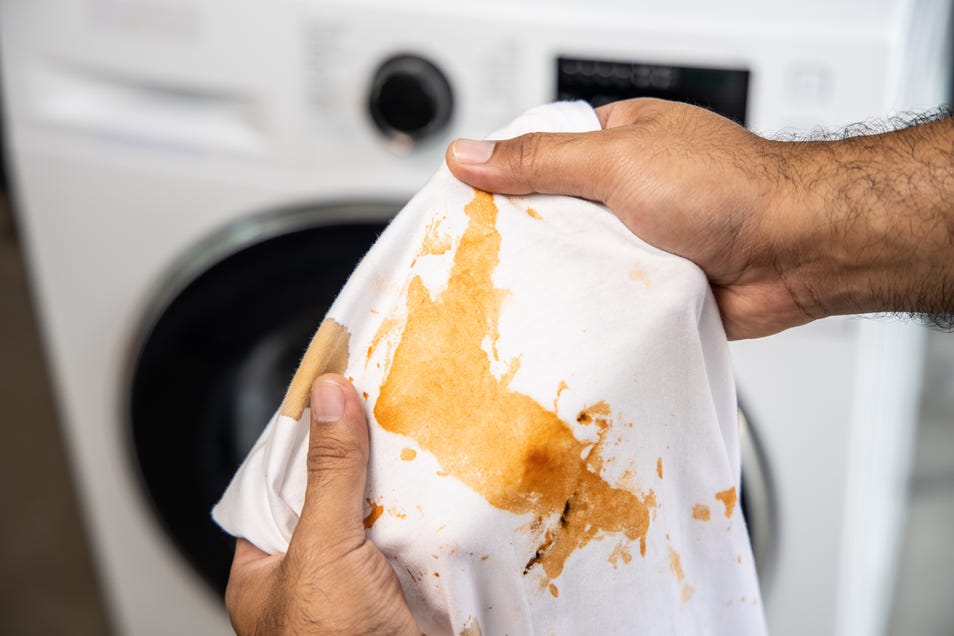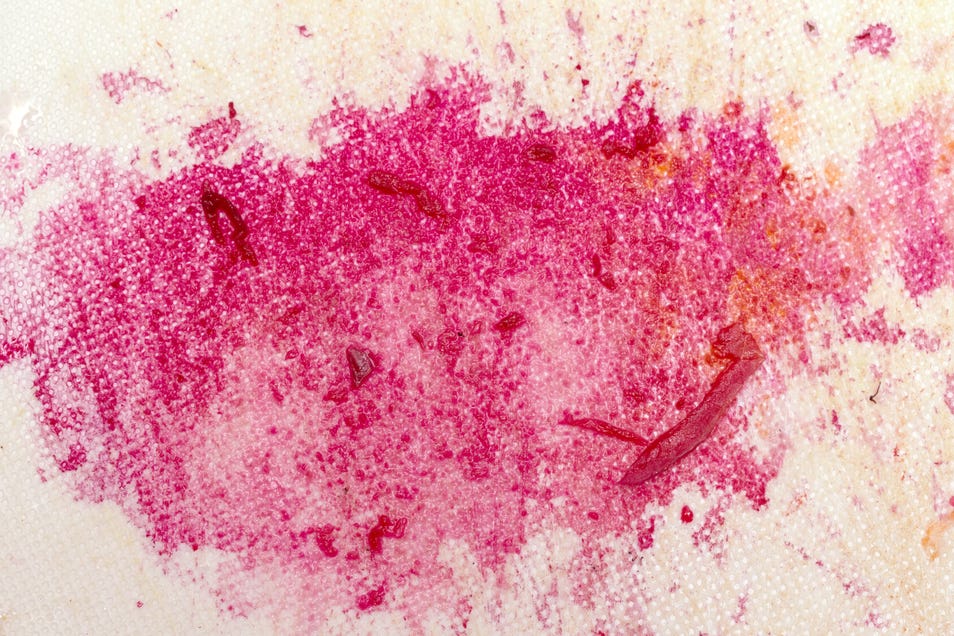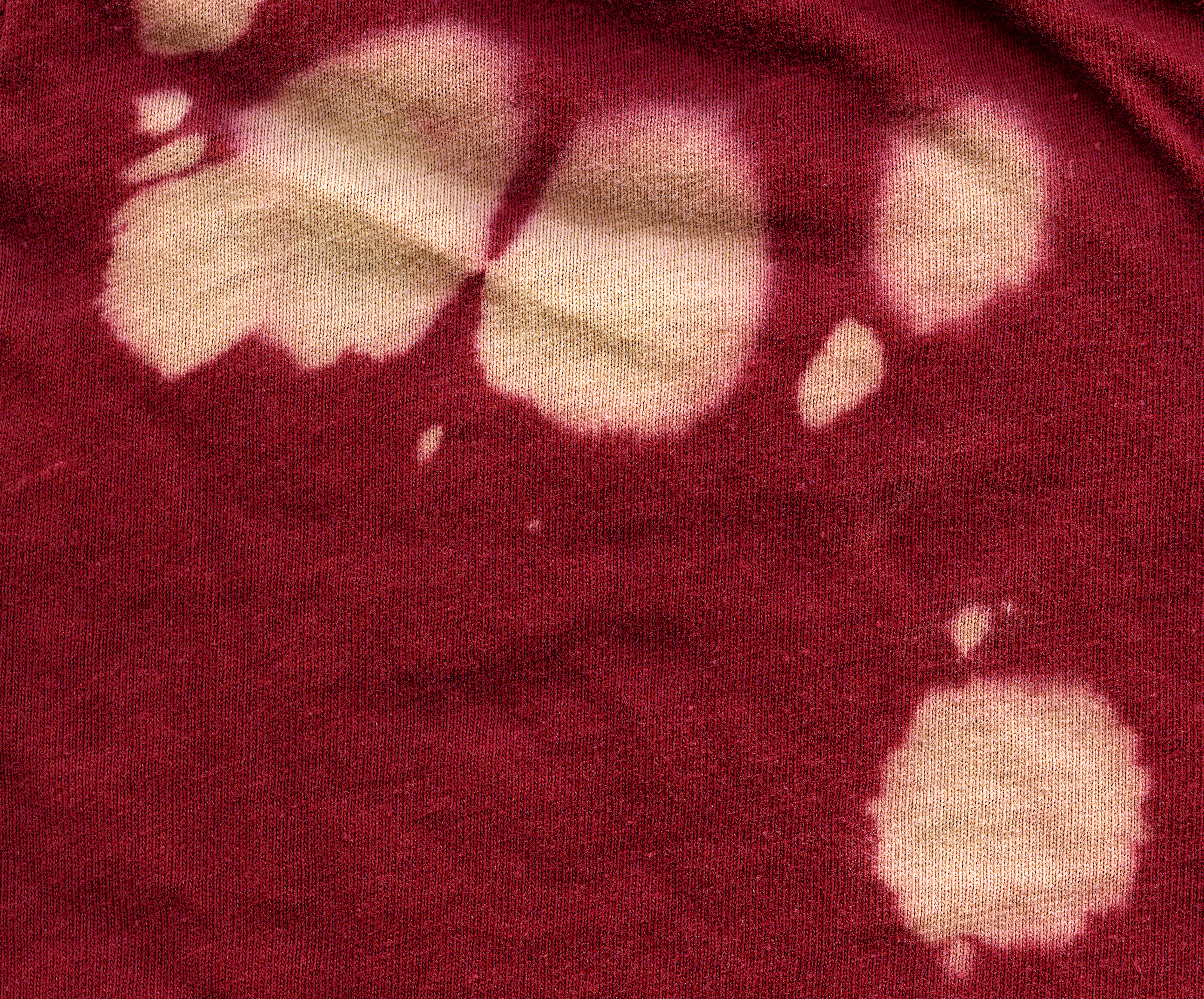The rise in skin sensitivities, allergies, and environmental awareness has made many people question their use of commercial detergents. For some, the concern lies in the synthetic fragrances and additives. For others, it's about reducing their impact on the planet by limiting chemical waste.
Whatever the reason, the question often arises: do you need detergent to wash clothes? The short answer is, not always. Lightly soiled clothing, casual wear, and everyday garments can be cleaned using more natural, non-toxic alternatives. This shift not only benefits personal health by reducing exposure to potential irritants but also contributes positively to planetary well-being. Exploring these natural methods can be a revelation for your laundry routine, offering effective cleaning without the need for traditional detergents.
Baking Soda: A Mild Yet Mighty Cleaner
One of the best ways of washing clothes without detergent is by using baking soda. Found in nearly every household, this white powder is a powerhouse when it comes to removing odours and softening water.
Baking soda helps balance the pH of water, neutralises smells, and lifts light grime. It’s especially effective for refreshing gym wear, undergarments, and linens.
Sprinkle ½ cup of baking soda directly into your washing machine drum. For extra freshness, you can pre-soak your clothes in a mix of baking soda and water for 30 minutes before washing.
White Vinegar: A Natural Fabric Freshener
If you've been washing clothes without detergent and also want to soften your fabrics, white vinegar might be your solution. Its acidic nature breaks down mineral residue, cuts odour, and leaves your clothes feeling soft.
Pour ½ to 1 cup of distilled white vinegar into the rinse compartment or directly into the wash. This method works well on towels, bedding, and regular cotton clothing. Avoid using vinegar on delicate fabrics like silk.
Soap Nuts: Mother Nature’s Detergent Pods
Soap nuts (or soapberries) are 100% natural cleaning agents that have been used for centuries in traditional washing practices. Once they come into contact with warm water, they release natural saponins, plant-based surfactants that gently clean fabrics.
Soap nuts are eco-friendly, hypoallergenic, and biodegradable. They’re also reusable, making them a cost-effective long-term option.
Place 4–6 soap nuts in a small muslin bag and toss them into the drum with your clothes. Use warm water to activate the saponins, and reuse the nuts up to five times before composting them.
Lemon Water: Brightens and Refreshes Naturally
Lemon juice is often overlooked when considering on washing clothes without detergent, but it’s an excellent natural cleanser. Thanks to its citric acid content, it gently breaks down stains and brings out brightness in whites. This is truly the best way to wash clothes without detergent.
White shirts, socks, cotton tops, and bedsheets.
Mix ½ cup of fresh lemon juice with a bucket of cold water. Soak your clothes for 30 minutes before rinsing them thoroughly. You can also use lemon water as a mild spot treatment.
Hot Water and Agitation: Sometimes, Less Is Enough
While it’s not a solution for heavily soiled clothing, plain water can be surprisingly effective for daily wear , Heat and movement help loosen surface dirt and freshen fabrics.
How to use it:
Run your washing machine on its hottest safe cycle for the fabric type. This method is particularly useful for synthetic garments, activewear, and sleepwear that only need a gentle refresh.
Always check the garment care label first. Some fabrics shrink or lose shape when exposed to high temperatures.
Situations Where These Methods Work Best
These natural alternatives work well for:
- Lightly worn clothes (e.g. casual T-shirts, sleepwear)
- Gym clothes with light perspiration
- Towels and bedding that need deodorising
- Quick midweek laundry loads
However, if your clothes are stained with grease, oil, or food spills, or made from sensitive materials, you may still need a deeper clean with a more targeted solution.
Are These Methods Safe for All Fabrics?
While most methods above are safe for cottons, polyesters, and blends, always do a spot test, especially when using vinegar or lemon juice. Avoid natural treatments on:
- Silk
- Wool
- Delicately embellished items
Soap nuts and baking soda, on the other hand, are generally safe for everyday fabrics and less likely to cause damage.
Cleaner Laundry, Naturally
You don’t need to panic next time your detergent bottle runs dry. With a few clever swaps from your pantry or nature’s shelf, washing clothes without detergent can be just as effective for everyday needs.
Not only are these methods eco-friendly and affordable, but they also help you cut back on unnecessary chemicals and still get fresh, wearable clothes.
Whether it's a splash of vinegar, a scoop of baking soda, or the gentle action of soap nuts, natural laundry methods are more accessible (and practical) than ever.
Sources:
https://www.thespruce.com/use-baking-soda-in-laundry-2145765
https://www.healthline.com/health/vinegar-in-laundry
https://www.lisalise.com/shopblog/2024/3/6/what-i-learned-after-a-year-doing-laundry-with-soapnuts
https://www.homesandgardens.com/bathrooms/using-lemon-juice-in-laundry





